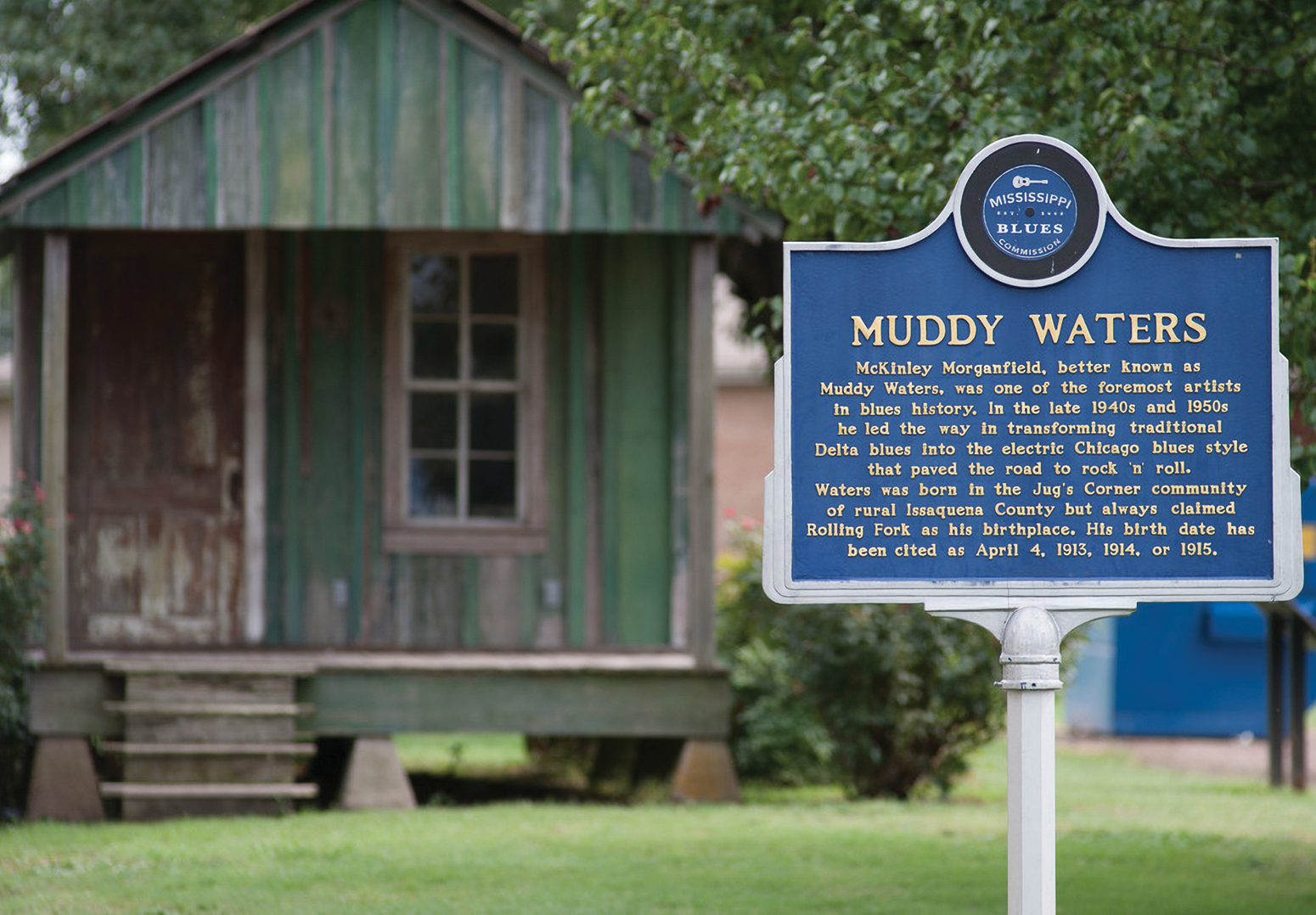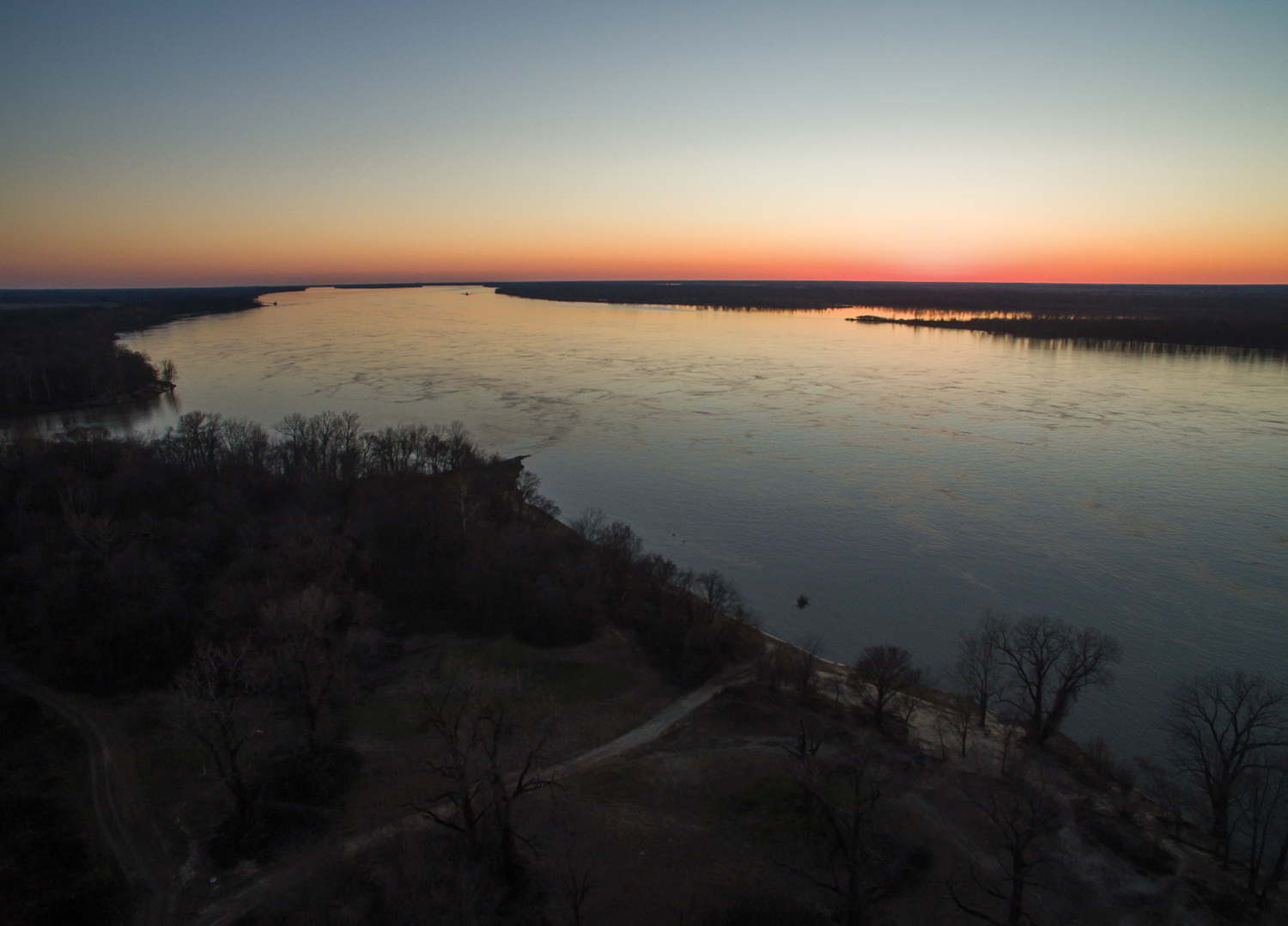When Milwaukee Electric Tool Corp. selected Grenada for a new plant, it was the latest indicator that site selectors are bullish on an area rich in history but lacking in public recognition.
On May 19, the Brookfield, Wisconsin-based company broke ground on what will become a 563,000-sq.-ft. production facility in Grenada County. The $60 million capital investment is expected to create 800-plus jobs in the community. Matthew Harrison, CEO of the Greater Grenada Partnership, said the jobs created by the new plant could boost employment in Grenada County by at least 10%.
The new facility represents the 98-year-old firm’s fourth plant in Mississippi and will open sometime next year. The factory will make more than 100 million SAWZALL blades per year.
An executive at the firm said the infrastructure in the Delta made Grenada a natural choice for the expansion. He cited the Interstate highways, rail system and airports as key assets, along with the fact that Grenada presented a site of 1,175 available acres for construction.
Milwaukee Tool, which employs 5,500 people making power tools, is not alone in casting a vote of confidence in the Delta. Parmida LED Technologies recently cut the ribbon on a new e-commerce operation in Indianola. The Southern California-based company chose the location so that it can service its rapidly expanding base of customers in the Midwest and on the East Coast. The project creates 20 jobs.
Around the Delta, businesses like Milwaukee Tool and Parmida are growing. Why? Simply put, they like the Delta. Traditionally defined as the area between the Mississippi and Yazoo Rivers, the Delta covers the northwest quadrant of the state.

The home of Muddy Waters
The region is known for its history of creativity and storytelling. From the birthplace of jazz and blues to a land full of native cuisine and architecture, the Delta is a place where innovation thrives. Greenville, for example, has produced more published authors per capita than any other place in the country.
Making the Region ‘Delta Strong’
The Delta Council is a region-wide organization that promotes economic development in the towns and hamlets sprinkled throughout the region’s unique topography. Founded by a group of local citizens in 1935, the council represents all 19 counties in the Mississippi Delta and brings farmers, business executives and professional leaders together for the common cause of economic empowerment and growth.
These leaders are also responsible for the regional branding, marketing and attraction program known as “Delta Strong.” The Delta Council Development Department leads the initiative, which is a four-year strategic plan that aims to position the region as “a major player in the attraction of manufacturing, distribution and warehousing operations.”
Those efforts received a shot in the arm as officials convened recently to break ground on a transportation project in Washington County. The project creates nine miles of four-lane highway known as the U.S. Highway 82 Greenville Bypass from State Route 1 to Leland. Officials say the road will bring economic development opportunities to Greenville and Leland. The $137 million construction project is slated for completion by 2025.
We recently caught up with Jerry Chavez, Development Department Director of the Delta Council, for some more insight on the Delta region.
What are your top priorities for the Delta Council for the next 24 months?
CHAVEZ: We are focusing on Delta Strong. That is our brand that leads business attraction efforts for the 19 counties. We have visited companies in Canada, Mexico, California and Ohio. We help companies understand that the Delta and Mississippi have a strong business case. The elements associated with reoccurring costs — transportation; payroll; utilities; etc. — we can showcase our cost savings in these categories. We present a strong business case. That results in increased profitability. We work with our partners to help companies understand that through our ACT certification program, we have a workforce that is readily deployable throughout the Delta. We’ve trained 26,000 workers that are certified as work-ready through ACT. Some 15 counties are certified, and three more are working through the program.
Which industries are growing at the fastest rate in the Delta region?
CHAVEZ: Aerospace is the leader in this region. The food and agribusiness sector is the second major contender. Distribution is obviously big here. About 70 million people are within a day’s drive of the Delta.
Are there any incentive programs to help firms expand in the Delta Region?
CHAVEZ: We have a number of programs. We have New Market Tax Credits at the state and federal level. That allows 20% equity to be brought to a project. We’ve started in earnest to promote that program. The GAP program is growing here too. And we have the Prosperity Program, which allows us to exempt sales and use tax and state income tax. Mississippi is ranked No. 4 in the nation in incentives. We are No. 7 in overall costs, and we are in the top 11 in the best states for doing business.

